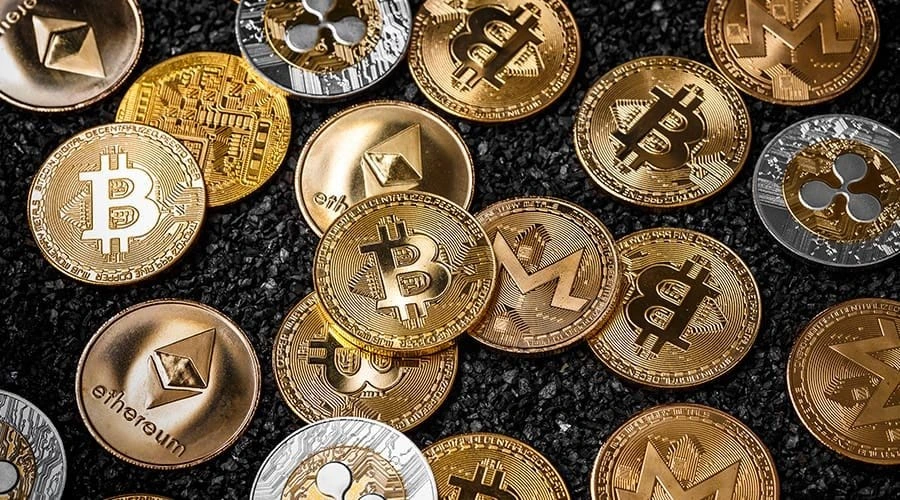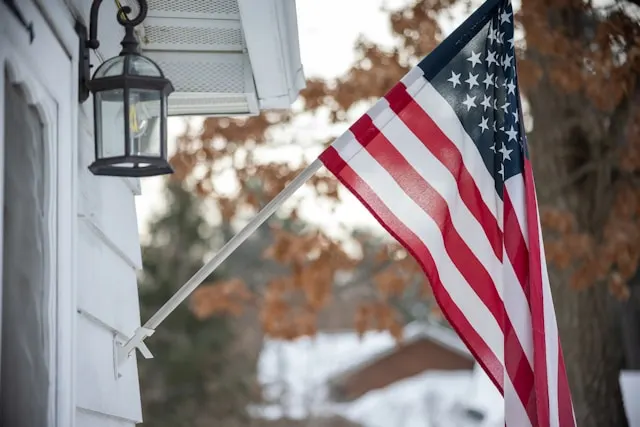PROTECT YOUR DNA WITH QUANTUM TECHNOLOGY
Orgo-Life the new way to the future Advertising by AdpathwayBrazil’s official statistics agency, IBGE, reported that the country’s inflation rate slowed more than expected in May 2025. The benchmark IPCA index rose 0.26% for the month and 5.32% over the previous 12 months.
These figures undershot market forecasts and marked a clear deceleration from April’s 0.43% monthly and 5.53% annual rates. However, inflation remains well above the central bank’s target of 3%, with a tolerance band of plus or minus 1.5 percentage points.
Electricity prices drove the largest rise in household costs, increasing 1.68% in May due to a change in the tariff flag system. This adjustment contributed significantly to the monthly inflation figure.
Health and personal care expenses also rose, with medicine prices climbing 1.93% following a government-authorized adjustment in March. Clothing and housing costs saw moderate increases as well.
On the other hand, transportation costs helped slow overall inflation. The sector recorded a 0.29% drop, mainly due to an 11.18% decrease in airline fares and lower urban bus fares in some cities.
 Brazil’s Inflation Cools in May, But Costs Remain Above Target. (Photo Internet reproduction)
Brazil’s Inflation Cools in May, But Costs Remain Above Target. (Photo Internet reproduction)Fuel prices, which had previously fallen, saw a slight uptick in May, but this did not offset the overall decline in transportation costs. Food and beverage prices, which had been rising persistently, cooled sharply in May.
Brazil’s Food Inflation Eases but Overall Costs Remain High
Economists attribute this to a successful harvest, increased cattle farming, and an oversupply of poultry following international bans due to a bird flu outbreak.
As a result, the monthly food inflation rate dropped from 0.82% in April to 0.17% in May. Chicken prices fell by about 7% since the start of the bird flu issue, according to the Agriculture Ministry.
Despite the slower pace, annual inflation remains above the central bank’s comfort zone. This situation keeps pressure on policymakers, who have signaled they will act with flexibility and caution at their next rate-setting meeting.
The central bank raised its benchmark interest rate to 14.75% last month to fight persistent inflation. The real story behind these numbers is that while inflation has cooled, the cost of living in Brazil remains high.
Essential items like electricity and medicines continue to rise, impacting families and businesses. The slowdown in food and transport costs offers some relief, but the overall inflation rate still exceeds official targets, keeping borrowing costs high and economic uncertainty elevated.


 1 month ago
5
1 month ago
5










 English (US) ·
English (US) ·  French (CA) ·
French (CA) ·  French (FR) ·
French (FR) ·